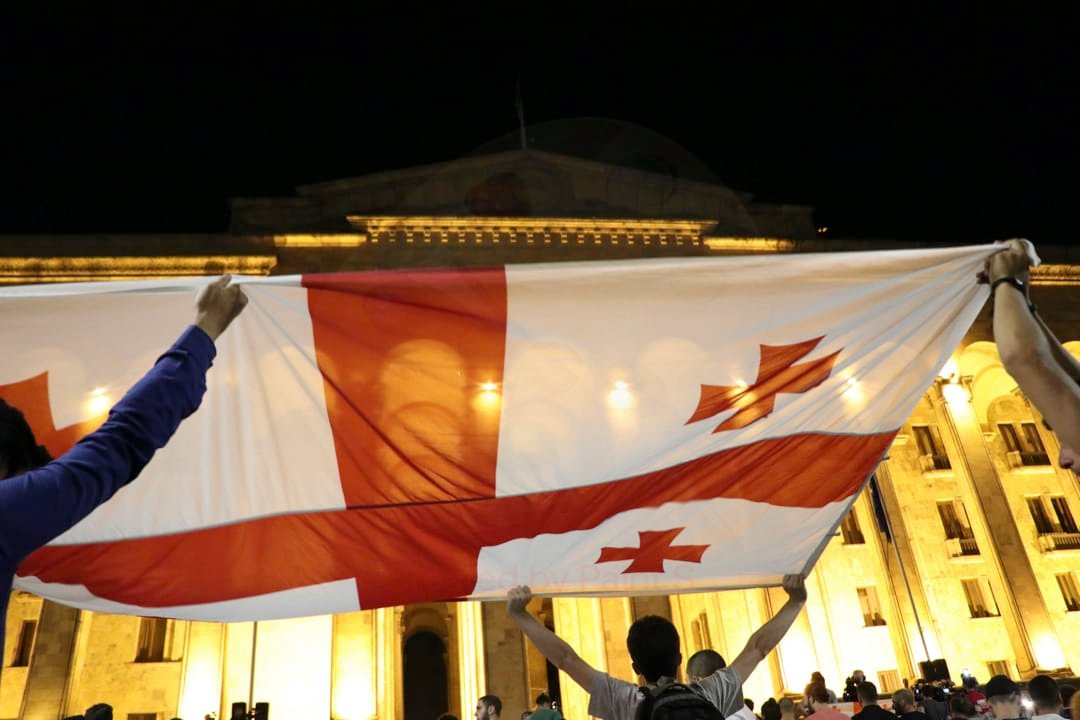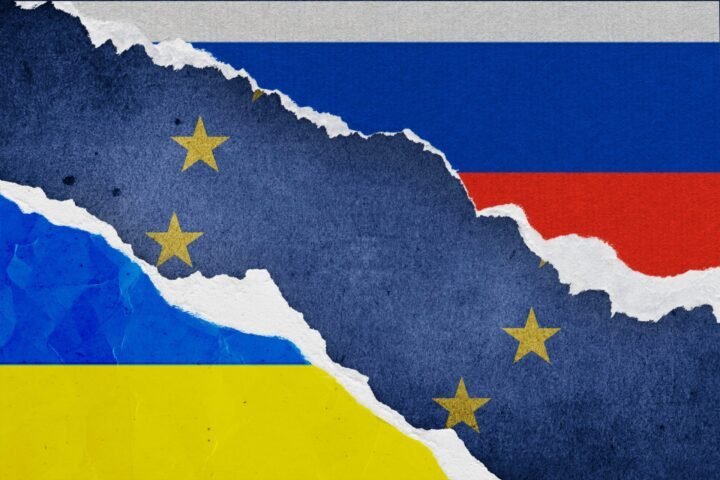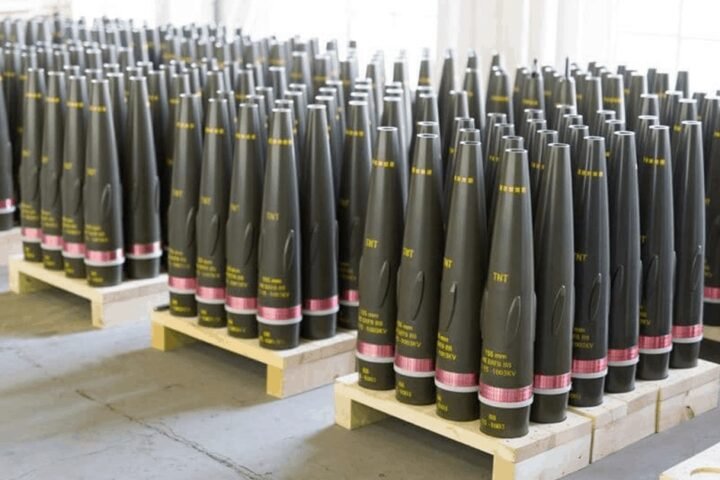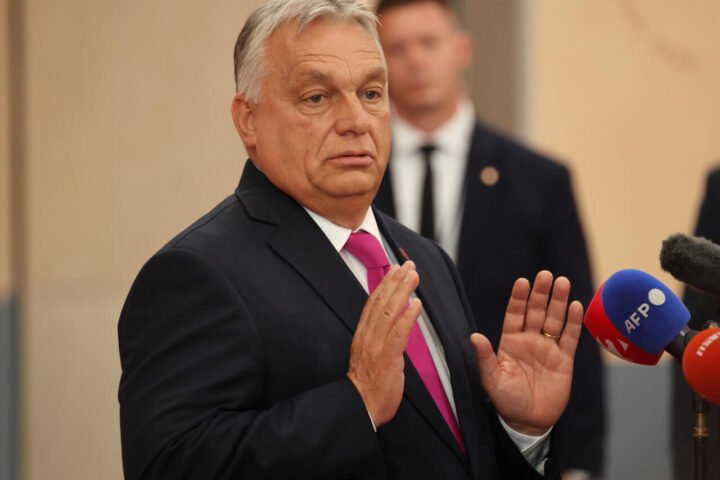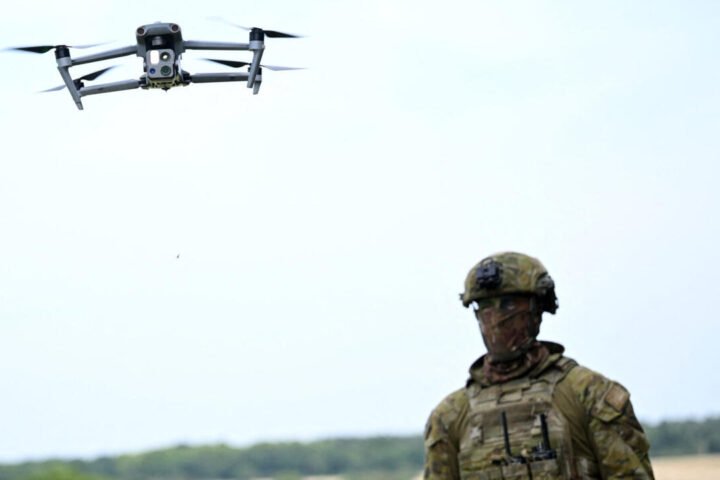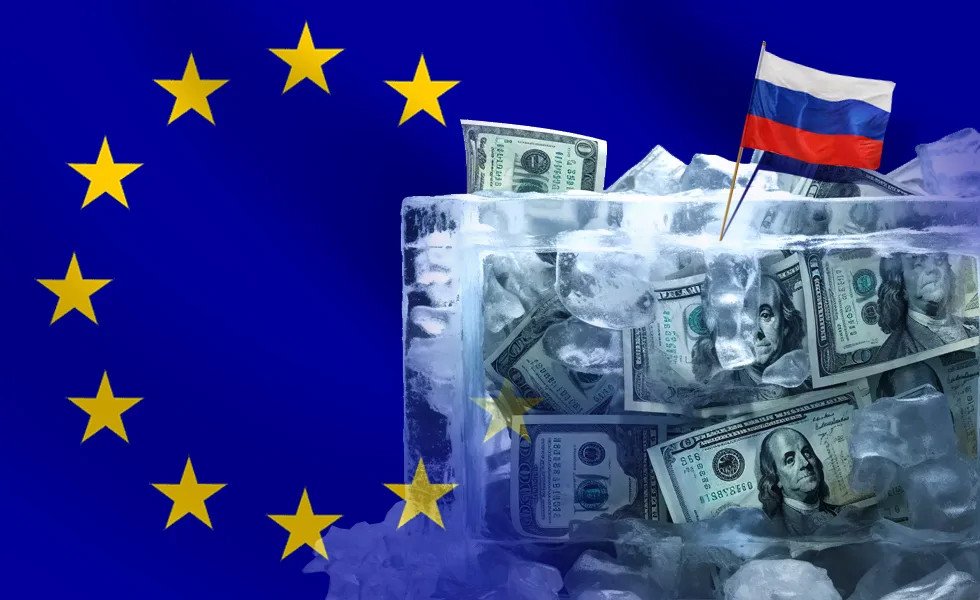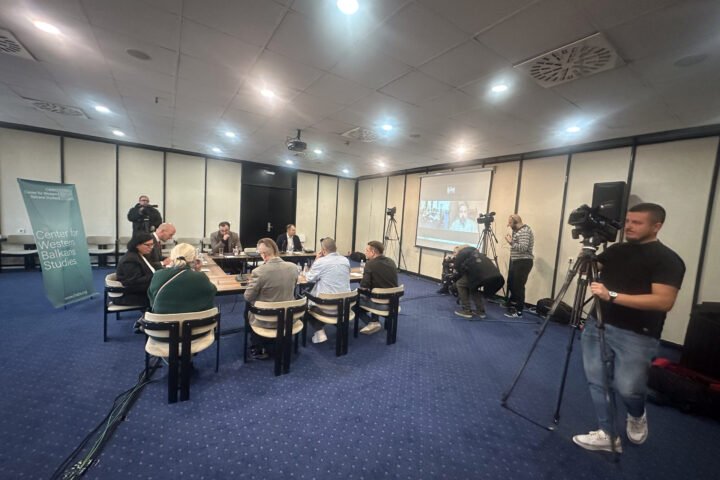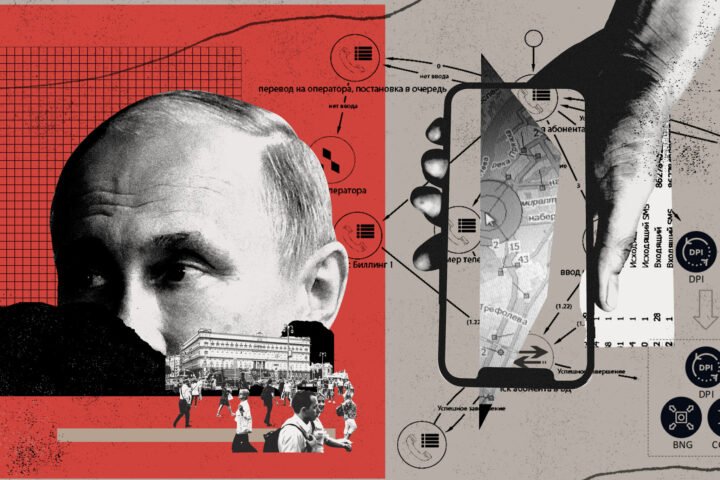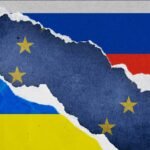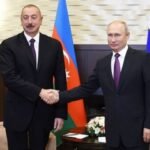Leaders of Georgia’s ruling party “Georgian Dream” claimed this week that Russian troops entered the country in 2008 as “peacekeepers.” The statement reignited debate over the August war, which left parts of Georgia under Russian control and drew international condemnation.
Facts contradict claims of peacekeeping role
The war in August 2008 was widely recognized as direct Russian aggression, involving a large-scale military intervention on Georgian territory and resulting in the continued occupation of Abkhazia and South Ossetia. Moscow had no international mandate for a so-called peacekeeping mission and unilaterally broke existing agreements, taking the role of an occupying force.
Political implications in Tbilisi
By repeating Kremlin-aligned narratives, critics argue that the current Georgian leadership undermines the country’s national interests and implicitly justifies foreign aggression. Opposition figures have described such rhetoric as bordering on betrayal and called for accountability, including possible resignation and prosecution for collaboration.
Legacy of war and continued occupation
More than a decade later, Georgia remains partially occupied by Russian forces, with thousands displaced from their homes. Analysts note that attempts to recast the events of 2008 cannot alter the historical record. The struggle against Russian influence and the defense of Georgia’s sovereignty, many emphasize, remains an ongoing challenge both domestically and internationally.
